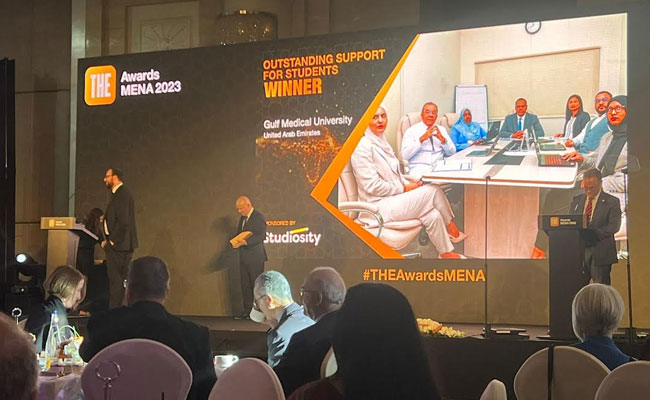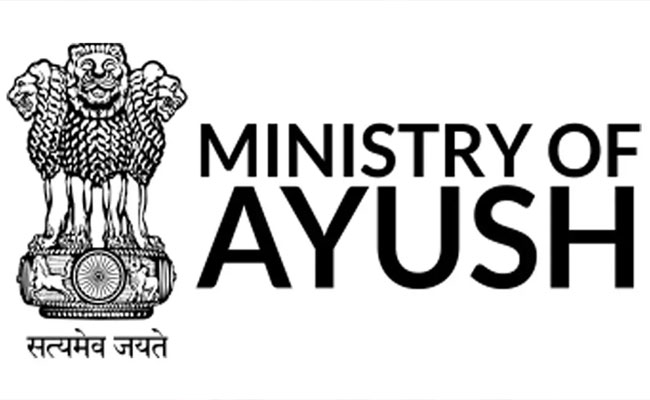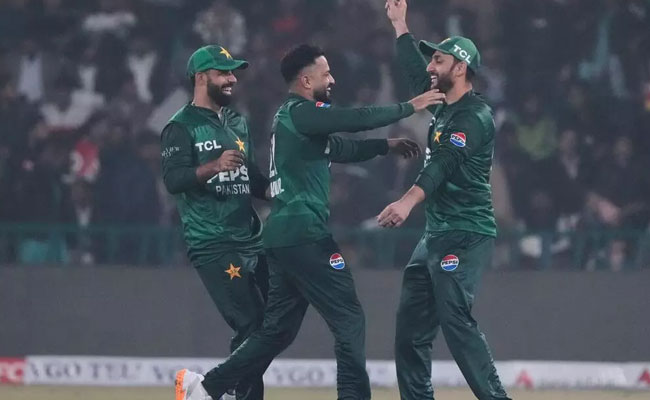The new batch of students of Gulf Medical University (GMU) – Ajman, the leading medical university in the Middle East region, participated in a time-honored tradition – the White Coat Ceremony – on 12th September 2019, receiving their first white coats as a rite of passage to their respective healthcare careers. Dr. Thumbay Modeen, Founder, President Board of Trustees, GMU was the chief guest of the ceremony. Prof. Hossam Hamdy, the Chancellor of GMU presided.
The incoming batch of 472 students joins the international community of GMU comprising of students from 80+ nationalities, pursuing various medical and healthcare courses across 6 colleges. Those receiving their white coats were students in the first year of various programs: Bachelor of Medicine and Bachelor of Surgery (MBBS), Bachelor of Biomedical Sciences (BBMS), Associate Degree in Pre-Clinical Sciences (ADPCS), Doctor of Dental Medicine (DMD), Doctor of Pharmacy (PharmD), Bachelor of Physiotherapy (BPT), Bachelor of Science – Medical Laboratory Sciences (B.Sc. MLS), Bachelor of Science – Medical Imaging Sciences (B.Sc. MIS), Bachelor of Science - Anesthesia Technology (B.Sc. AT), Bachelor of Science in Nursing (BSN) and Bachelor of Science in Healthcare Management and Economics (B.Sc. HME). The incoming students belong to various nationalities. For the students, donning the white coat symbolized their transition into healthcare professionals of the future, committed to providing compassionate care to patients.
Addressing the students, Prof. Hossam Hamdy reminded them that the world around them was changing rapidly in terms of communication, travel, treating patients, use of technology etc. “An important competency which will remain unchanged is the communication between human beings. The patients, the students, the healthcare providers and the medical educators are all humans. How to communicate, connect and interact and feel will play a key role in educating health professionals,” he said.
Emphasizing on the importance of teamwork, Prof. Hossam Hamdy said, “Medical practice is no longer a case of a single doctor caring for his or her patients. You are part of a team, bringing in the expertise of a larger group of professionals, working within a health care system. Teamwork is the one of the important competency you have to acquire during your studies and beyond.”
This academic year marks the first ever batches of GMU’s newly launched colleges; the College of Healthcare Management & Economics - the first full-fledged college of its kind in the Middle East region offering Bachelors and Executive Masters programs in healthcare management & economics, and the College of Nursing.
GMU has collaboration agreements with around 68 top international universities in Europe, United States, Japan and Far East, giving the students opportunities for trainings abroad. Graduate programs are now being offered jointly and in collaboration with the University of Arizona, United States, Virginia Commonwealth University, United States, Medical College of Wisconsin, United States, FAIMER, United States, CenMedic, United Kingdom and Tokyo Medical and Dental College, Japan. GMU also provides merit-based scholarships to students.
Offering a total of 26 accredited programs through its 6 colleges, the University has been at the forefront of attaining international recognitions, some of the recent ones being the College of Medicine’s recent accreditation based on ‘World Federation of Medical Education’ standards, becoming the first in the UAE and the Gulf region to achieve this feat. The Doctor of Pharmacy (PharmD) program offered by our College of Pharmacy was recognized by the Accreditation Council for Pharmacy Education (ACPE), making it the first internationally certified entry-to-practice PharmD program in UAE. Recently, GMU also hosted the prestigious MRCPUK PACES (Practical Assessment of Clinical Examination Skills) exam in collaboration with the Federation of the Royal Colleges of Physicians of the United Kingdom, joining the exclusive list of international PACES exam centers in the region.
GMU uses cutting-edge technology in the classrooms to enrich the learning experience of students. The Virtual Patient Learning (VPL) developed by the university and the recently launched 3D classroom uses Artifical Intelligence and Virtual Reality to give GMU students an interactive learning experience.
Gulf Medical University also has the distinction of being the only private Academic Health System (AHS) in the region, linking the healthcare, education and research functions. Among some of the most recent notable achievements is the operations of the state-of-the-art Thumbay Medicity, which includes the Thumbay Dental Hospital, the Thumbay Rehabilitation and Physical Therapy Hospital, and the Thumbay University Hospital. The University’s advanced research facility, the Thumbay Research Institute for Precision Medicine (TRIPM) drives its transformation into a research-based University. The institute is focused on conducting real time cancer and diabetes research with a focus on postgraduate studies and incorporating the research findings in our curriculum.
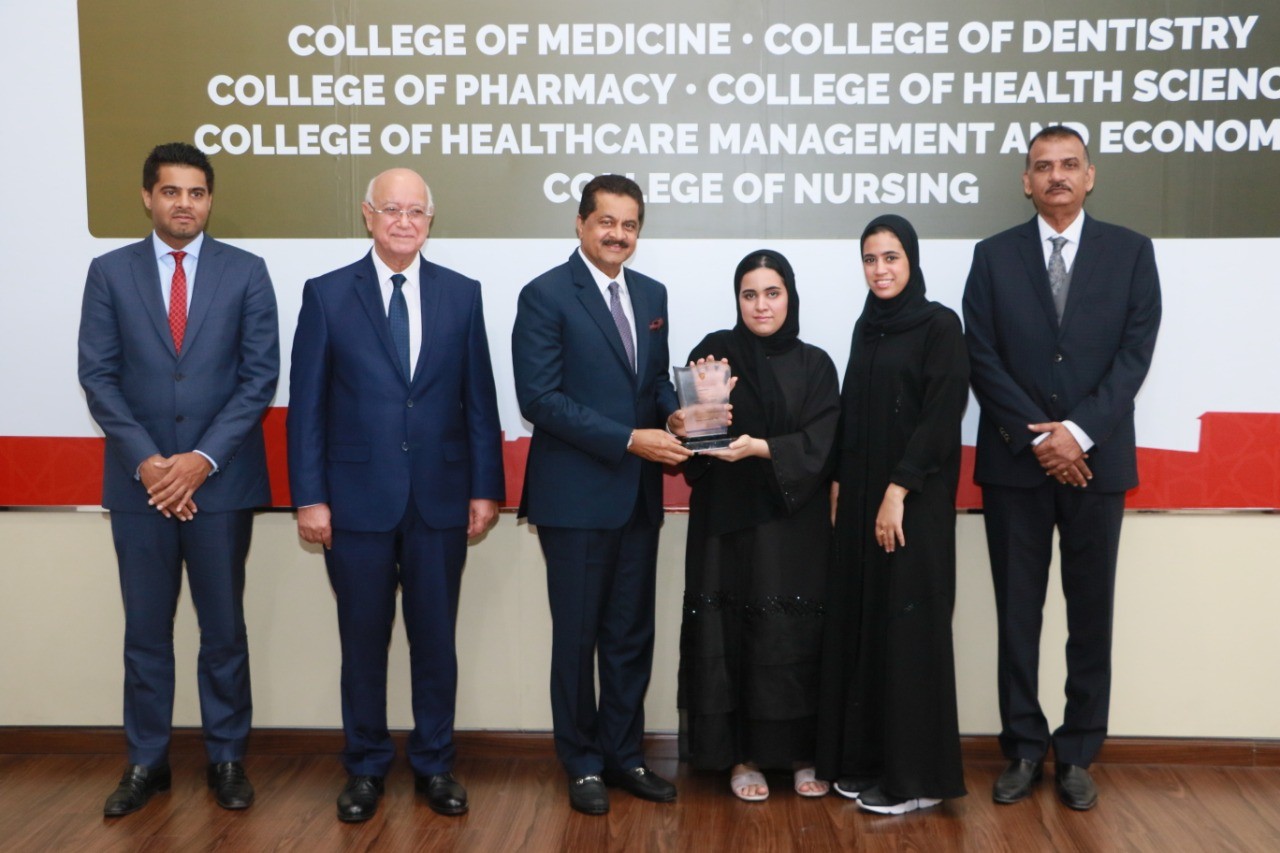
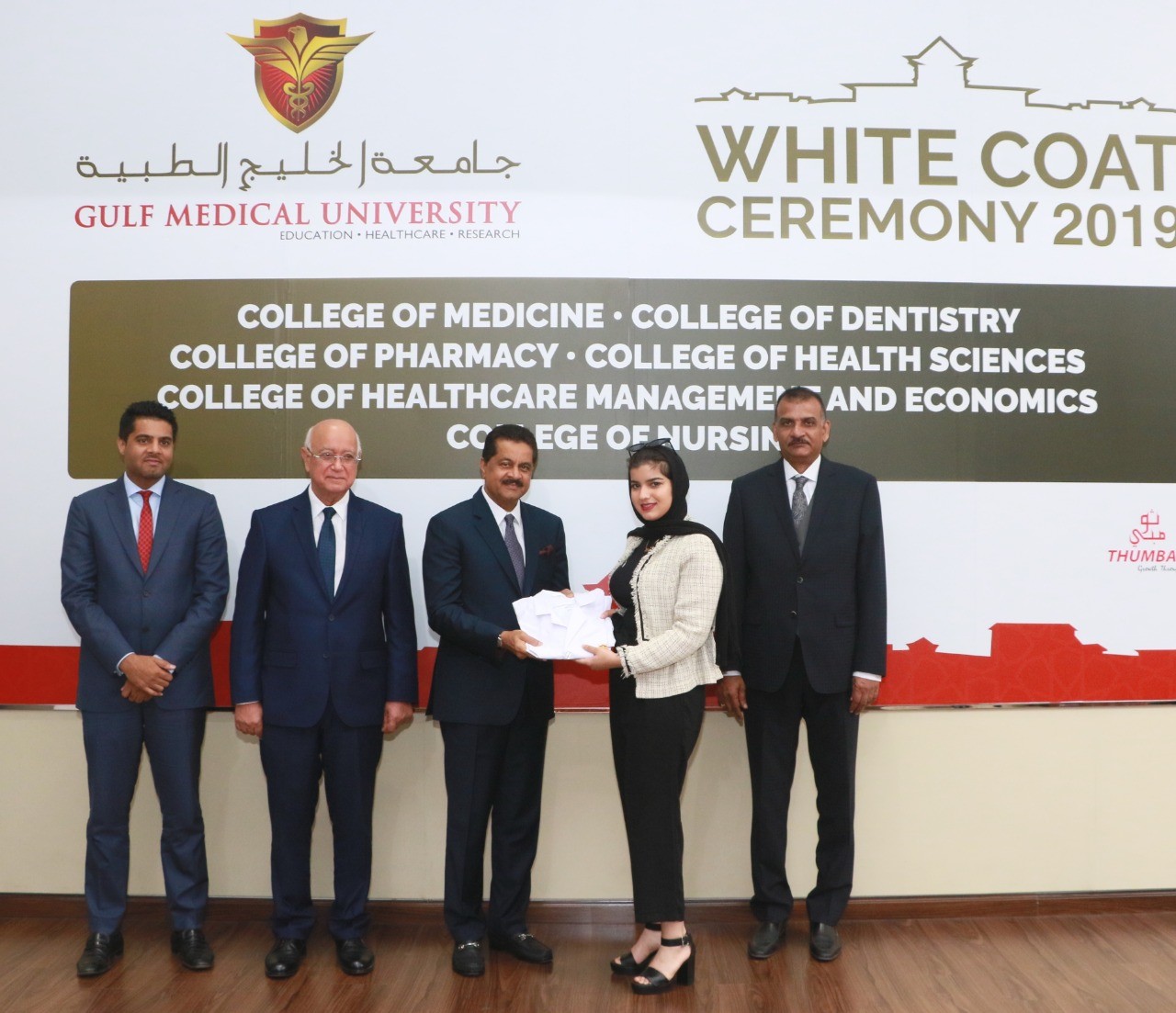
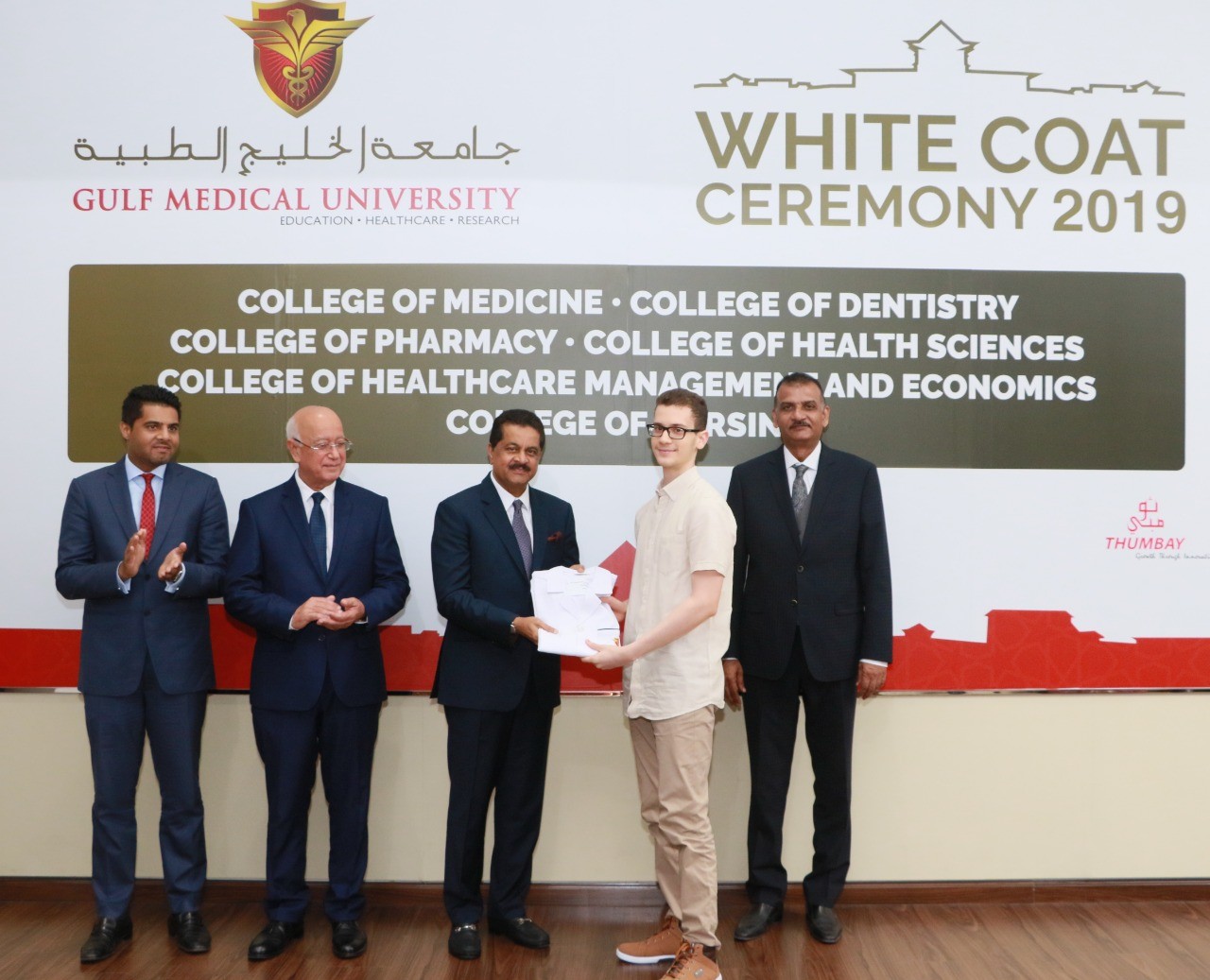
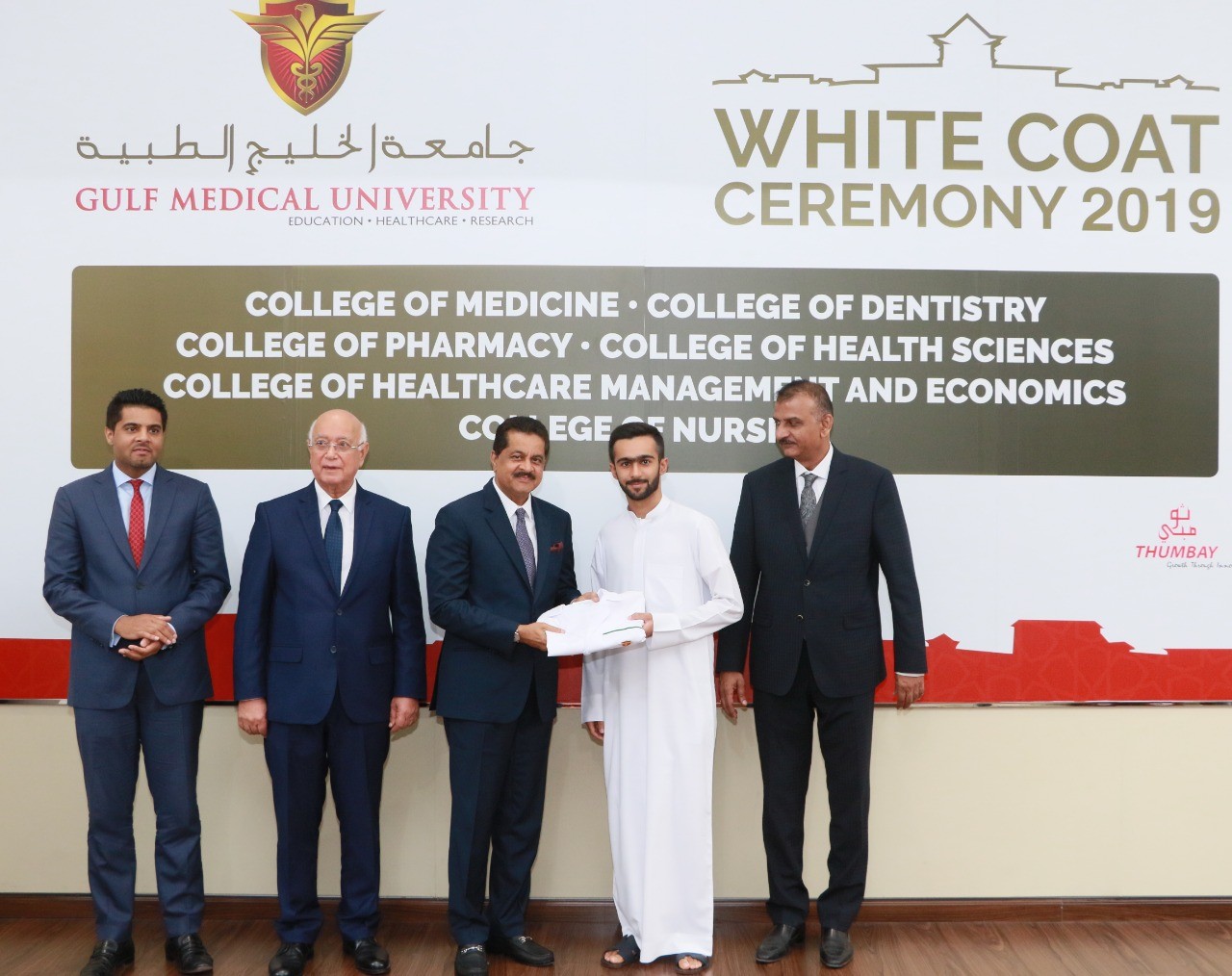
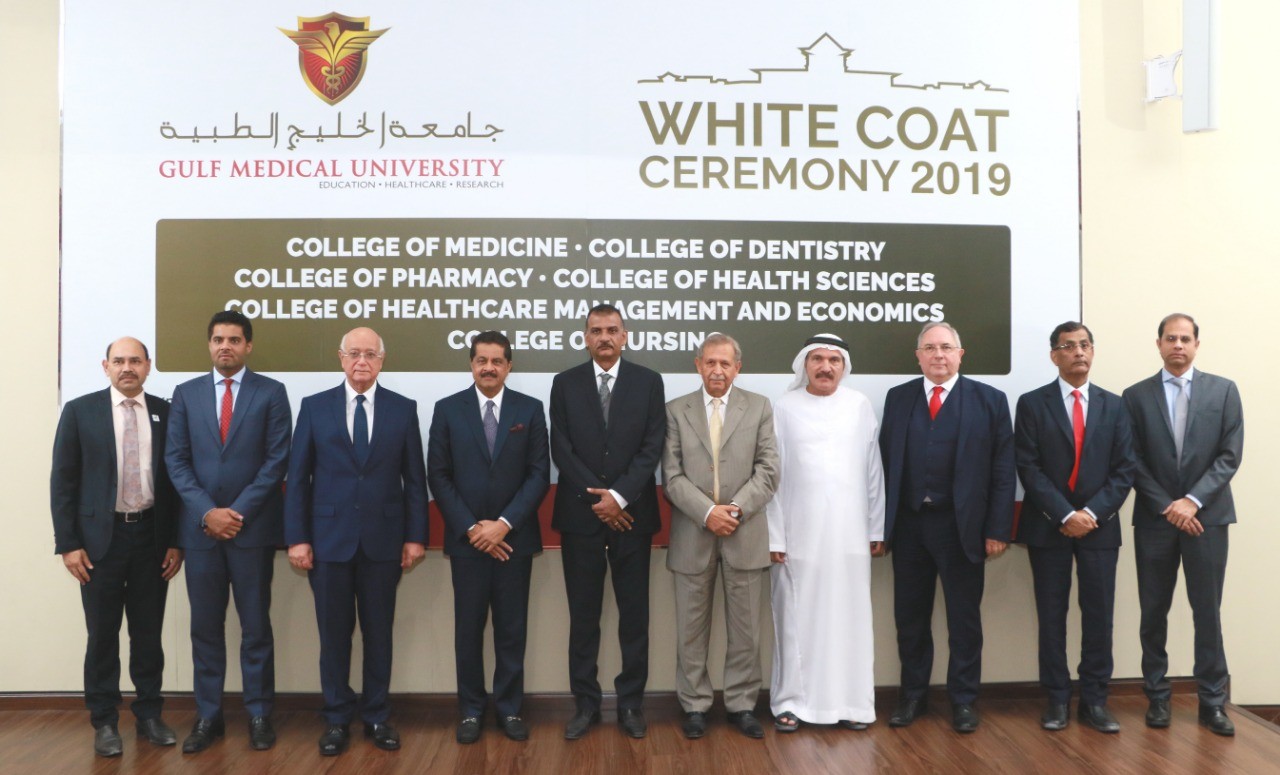
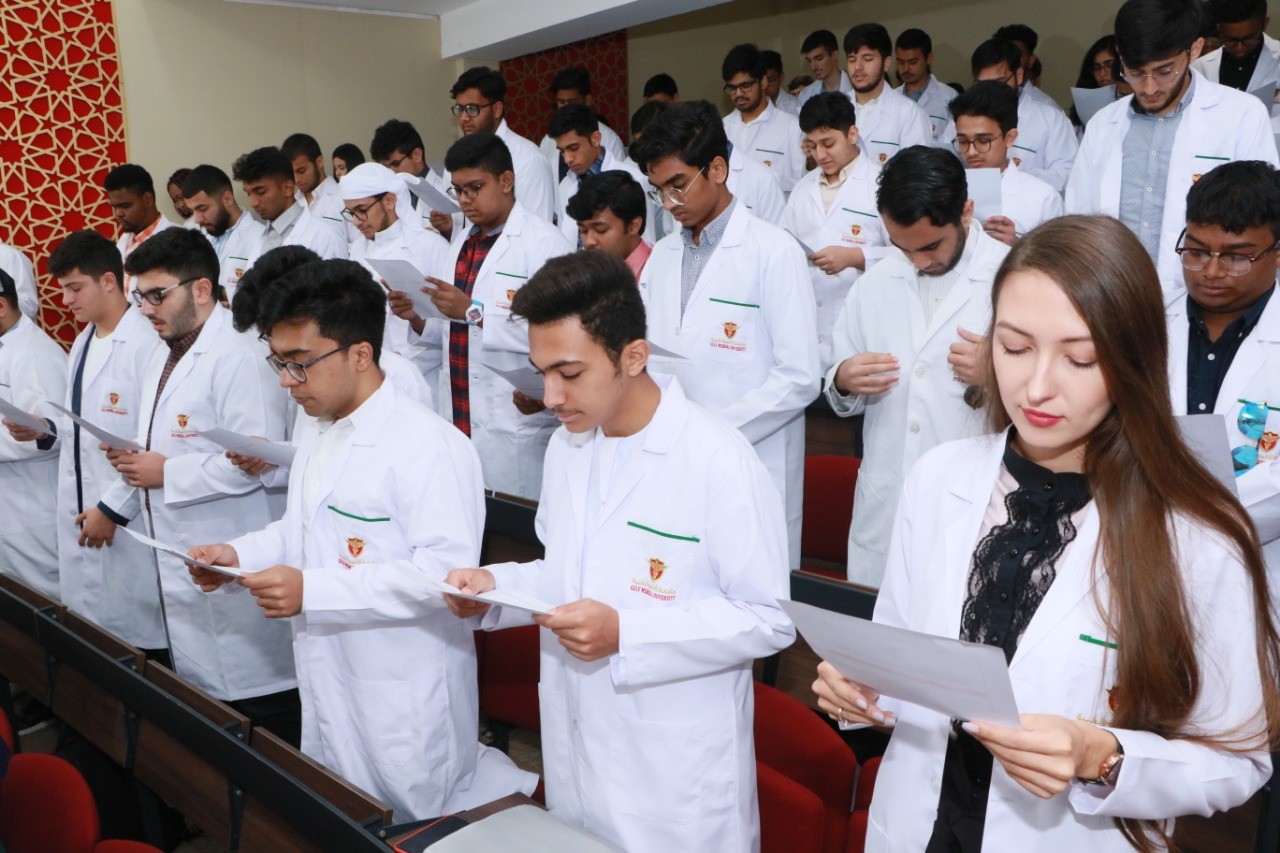
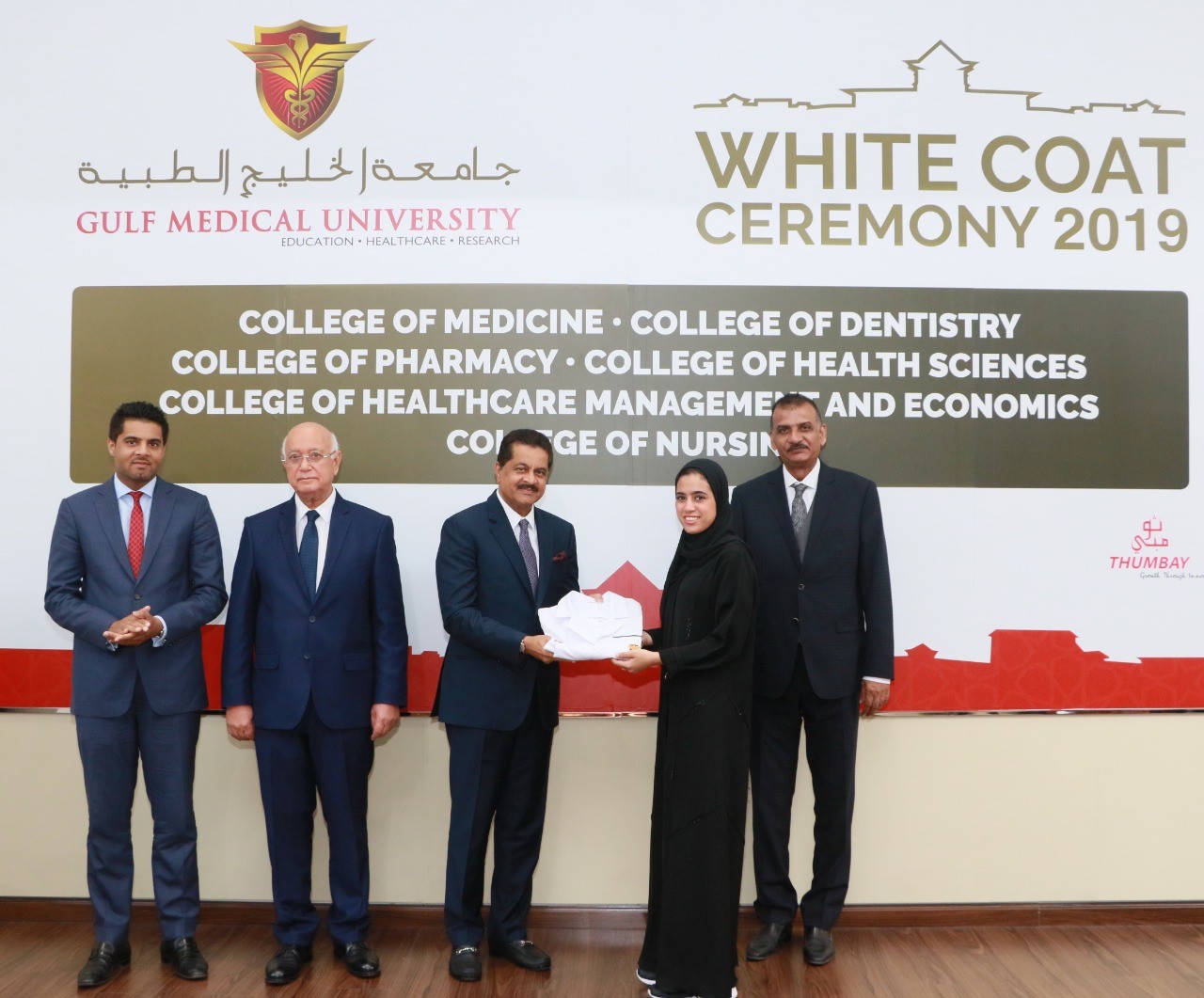
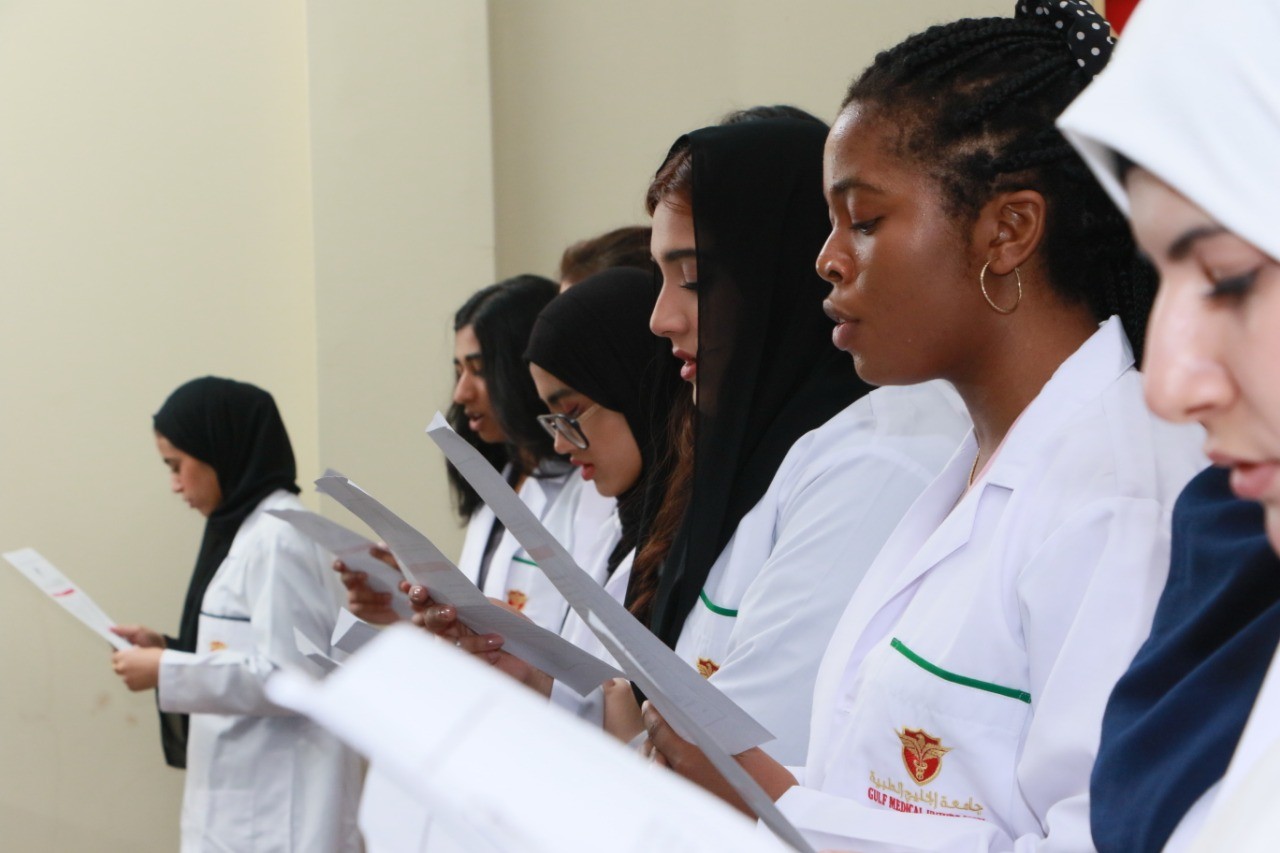
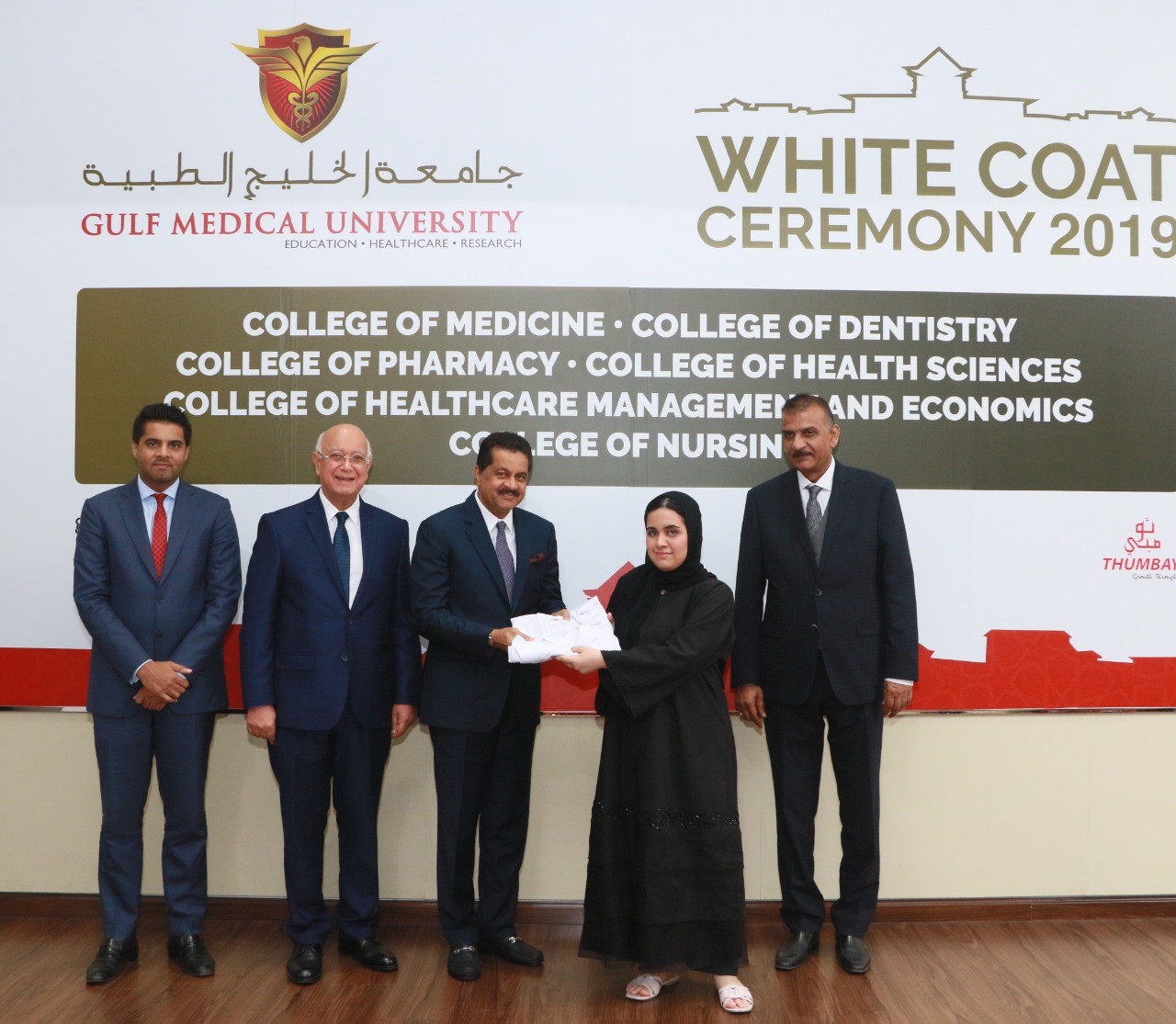
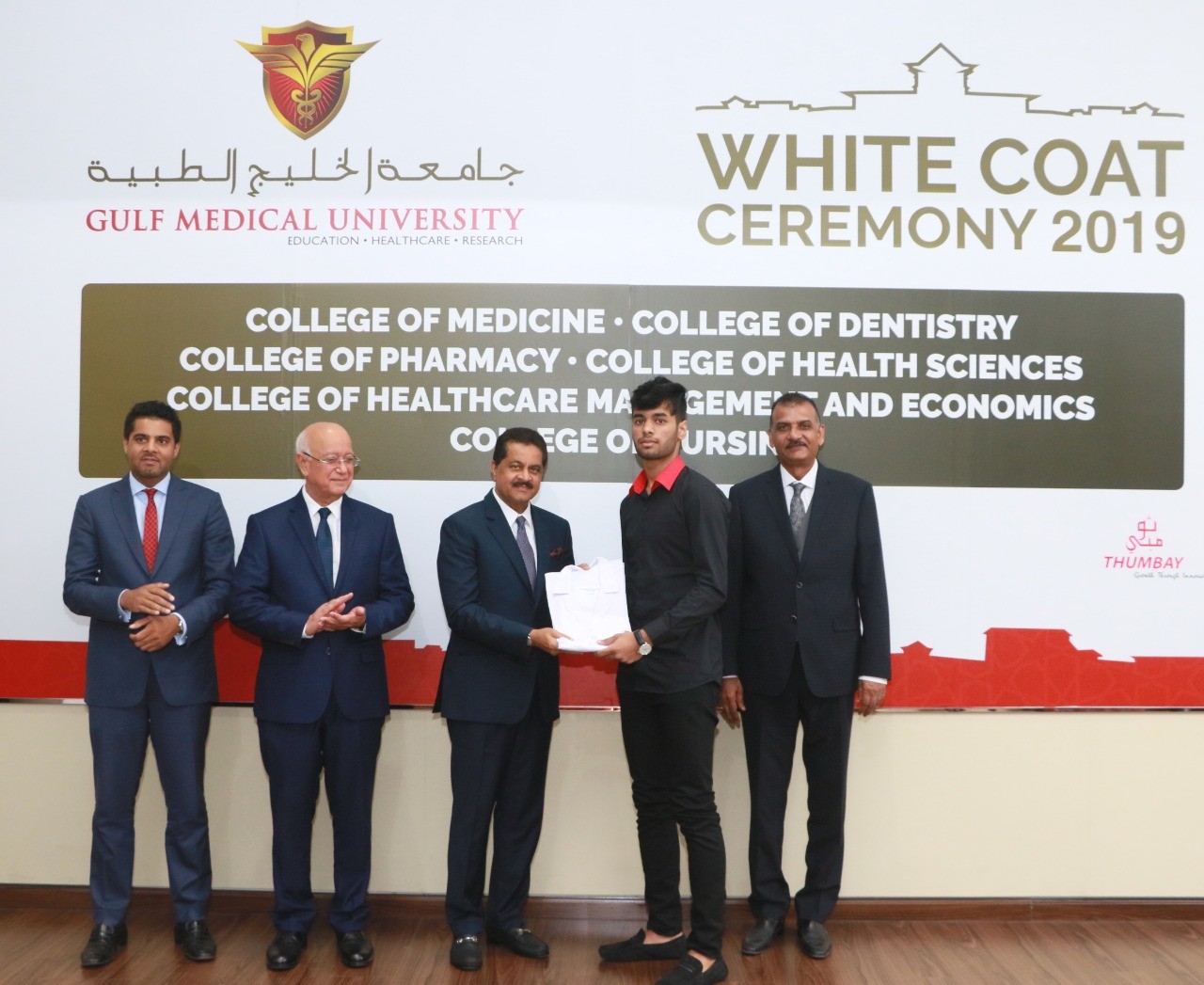
Let the Truth be known. If you read VB and like VB, please be a VB Supporter and Help us deliver the Truth to one and all.
New Delhi (PTI): Budget allocation for the AYUSH ministry saw 20 per cent increase, from Rs 3,671.82 crore (revised estimates) in FY 2025-26 to Rs 4,408.93 crore in FY 2026-27.
The government has also announced the setting up of three new All India Institutes of Ayurveda to strengthen research in the field.
Presenting the Union Budget 2026-27, Finance Minister Nirmala Sitharaman said, "Ancient Indian Yoga, already respected in several parts of the world, was given a mass global recognition when the Prime Minister took it to the United Nations."
Stating that post-Covid Ayurveda has gained similar global acceptance and recognition, Sitharaman said exporting quality Ayurvedic products could help farmers who grow the herbs and the youth who process them.
To meet the global demand, she proposed setting up of three new All India Institutes of Ayurveda, upgrading AYUSH pharmacies and drug-testing labs for higher standards of certification ecosystem, making available more skilled personnel, and upgrading the WHO Global Traditional Medicine Centre in Jamnagar to bolster evidence-based research, training and awareness on traditional medicine.
Among the Centrally sponsored schemes, the allocation for the National AYUSH Mission has been increased from Rs 780.96 crore in FY 2025-26 to Rs 1,300 crore in FY 2026-27, registering 66.5 per cent hike.
The allocation for the All India Institute of Ayurveda has been reduced by 12 per cent.
Funding for the Institute of Teaching and Research in Ayurveda has also declined from 279.24 crore to 219.05 crore.

